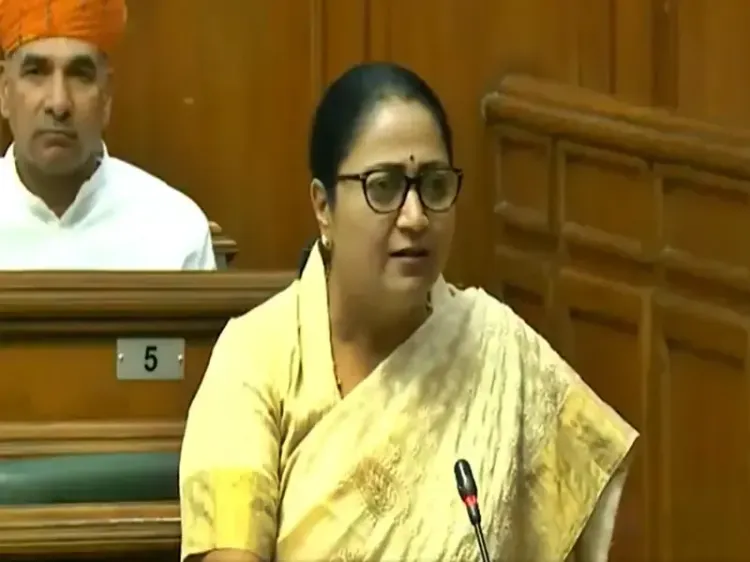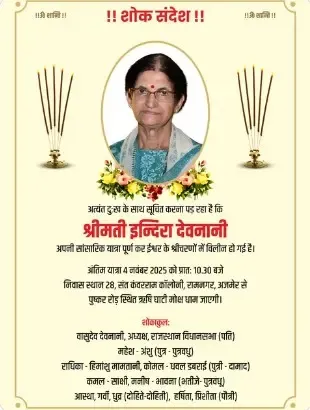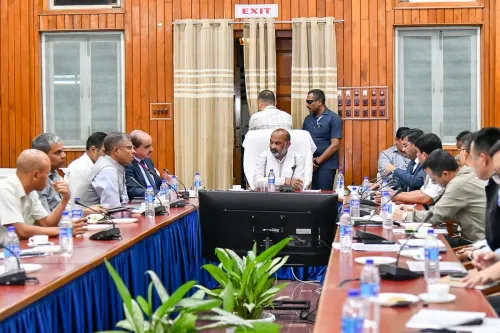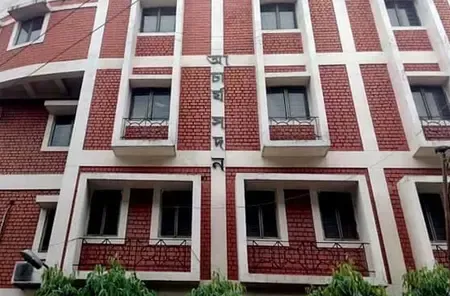Delhi: CAG Report Reveals Flaws in Vehicle Emission Control and PUC Certification Under AAP Administration

Synopsis
Key Takeaways
- Gaps in vehicular emission control
- Issues in PUC certification
- Lack of public transport options
- Failure to implement alternative transport solutions
- Inadequate air quality monitoring
New Delhi, April 1 (NationPress) The Chief Minister of Delhi, Rekha Gupta, presented the Comptroller and Auditor General (CAG) report on the ‘Performance Audit on Prevention and Mitigation of Vehicular Air Pollution in Delhi’ during the Assembly session on Tuesday.
This CAG report, which focuses on air pollution, exposes several shortcomings and gaps in the previous administration's management of its policies.
The findings reveal numerous flaws in the AAP government's approach to controlling vehicular emissions and the certification process for pollution control.
According to the report, “This document has highlighted various issues in the government's attempts to regulate vehicular emissions, including a lack of data on the types and quantities of vehicles operating on Delhi roads and their emission levels, insufficient public transport buses, and inadequate last-mile connectivity options, which have contributed to the over-reliance on personal vehicles. The report also notes the failure to implement less polluting alternatives like ‘Monorail and Light Rail Transit’ and ‘Electronic Trolley Buses’, etc.”
Additionally, it mentioned significant flaws in the Pollution Under Control (PUC) certification system, with many vehicle owners not adhering to the required checks.
The report holds the previous administration responsible for serious failings in the PUC certification process, stating: “The procedure for issuing ‘fitness’ certificates to commercial vehicles was ineffective and susceptible to misuse. The audit also noted that the government failed to enforce the ‘Delhi Management and Parking Places Rules’, which are designed to prevent vehicle stagnation and traffic congestion caused by improperly parked vehicles.”
Moreover, the report underscores failures in monitoring air pollution.
“The necessary data regarding pollutant concentrations in the air, collected for at least 16 hours daily, were not available with the DPCC (Delhi Pollution Control Committee), hindering effective air quality monitoring,” the CAG report stated.
“The GNCTD (Government of National Capital Territory of Delhi) was unable to identify emissions from various vehicle types that contribute to high pollutant levels, which is essential for developing source-specific strategies,” it further remarked.









